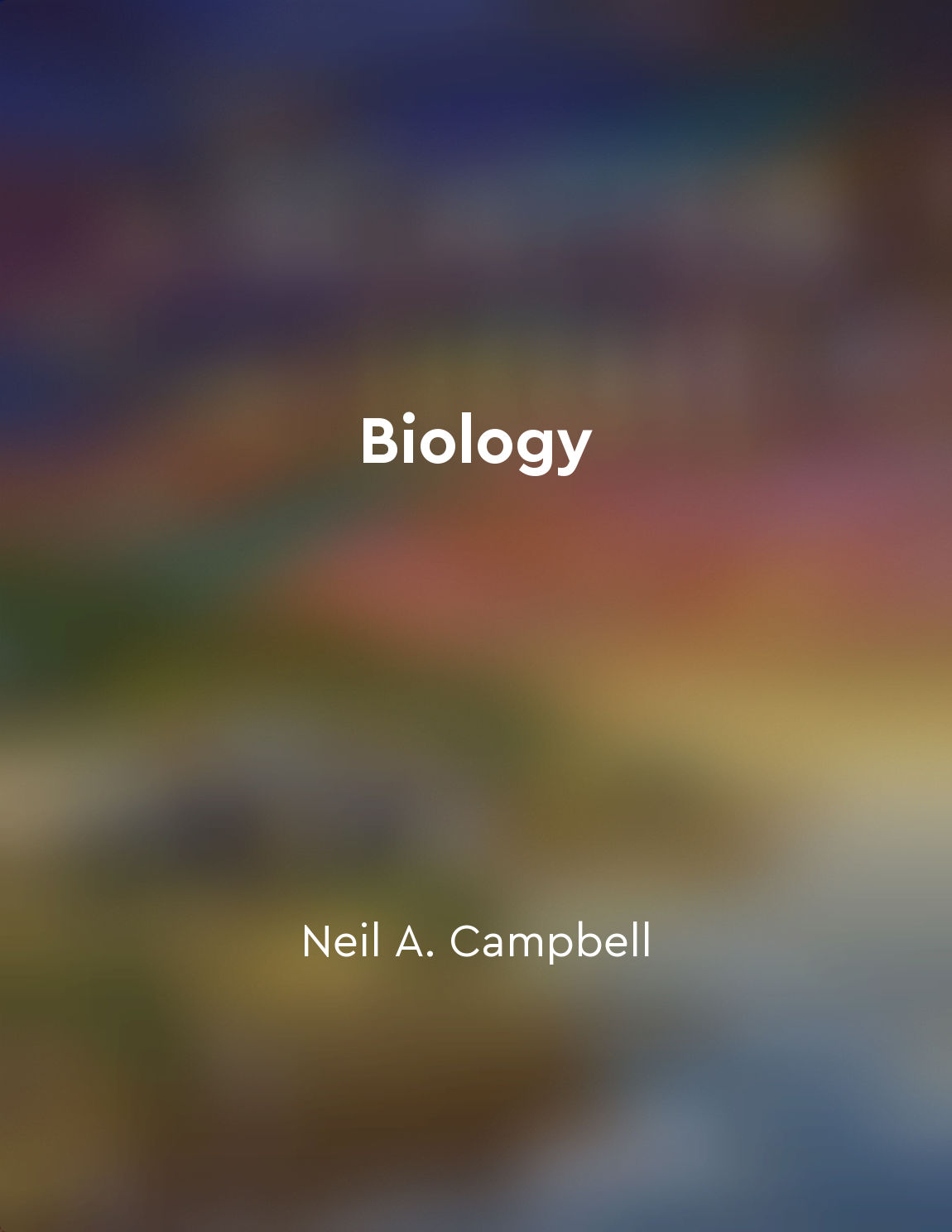The concept of keystone species is key to ecosystem health from "summary" of The Serengeti Rules by Sean B. Carroll
The concept of keystone species reveals a fundamental truth about how ecosystems operate. Just as an arch depends on its keystone to stay standing, ecosystems rely on certain species to maintain balance and stability. These species, often not the most numerous or obvious, play crucial roles in shaping the environment around them. By influencing the populations of other species, keystone species can have far-reaching effects on the entire ecosystem. The removal of a keystone species can have cascading effects throughout an ecosystem. Without their regulating presence, other species can overpopulate and disrupt the delicate balance of the ecosystem. This can lead to a chain reaction of negative consequences, ultimately resulting in a less healthy and less diverse environment. By understanding the importance of keystone species, we can better appreciate the interconnectedness of all living things within an ecosystem. Keystone species are like the conductors of an orchestra, guiding and influencing the performance of every other player. Their presence ensures that each species plays its part in harmony with the rest, creating a symphony of life. Without them, the music would be chaotic and discordant. This analogy helps us grasp the vital role that keystone species play in maintaining ecosystem health. The concept of keystone species challenges us to rethink our understanding of nature. It forces us to look beyond the most obvious or abundant species and recognize the hidden influencers that hold the key to ecosystem stability. By acknowledging and protecting these keystone species, we can help ensure the health and resilience of our natural world. In doing so, we honor the intricate web of life that sustains us all.Similar Posts
The role of education in promoting environmental awareness
Education plays a crucial role in shaping people's awareness of environmental issues. By incorporating environmental education ...

Collaborate globally for impact
Working together across borders is not just a nice idea. It is a necessity. The challenges we face, from climate change to the ...

Scientific knowledge empowers humanity
Scientific knowledge has been a key factor in empowering humanity throughout history. It has enabled us to understand the world...
Our modern lifestyle has negatively impacted our microbial communities
Our modern lifestyle, characterized by the widespread use of antibiotics, processed foods, and urban living, has drastically al...
Environmental damage leads to resource depletion
Environmental damage is a serious issue that can have far-reaching consequences. When human activities harm the natural environ...
Resilience and adaptability in natural systems
Resilience and adaptability in natural systems are essential qualities that enable ecosystems to respond to change and disturba...
Human activities are driving changes in the Earth's climate
Human activities are driving changes in the Earth's climate at a pace that is unprecedented in the planet's history. The burnin...

Human impact on the environment
Human activities are increasingly altering the environment in ways that are having serious consequences for ecosystems around t...
We have a responsibility to protect the environment
The intricate web of life that surrounds us is a delicate balance that has been carefully crafted over millions of years. Every...
The beauty of nature is worth preserving
The intricate web of life that surrounds us, with its vast array of species and ecosystems, is a testament to the beauty and wo...
